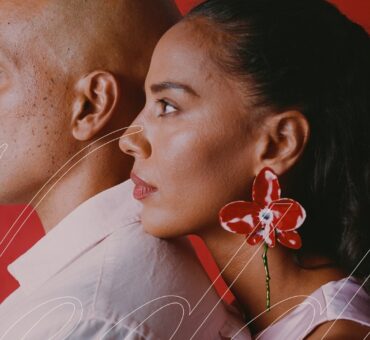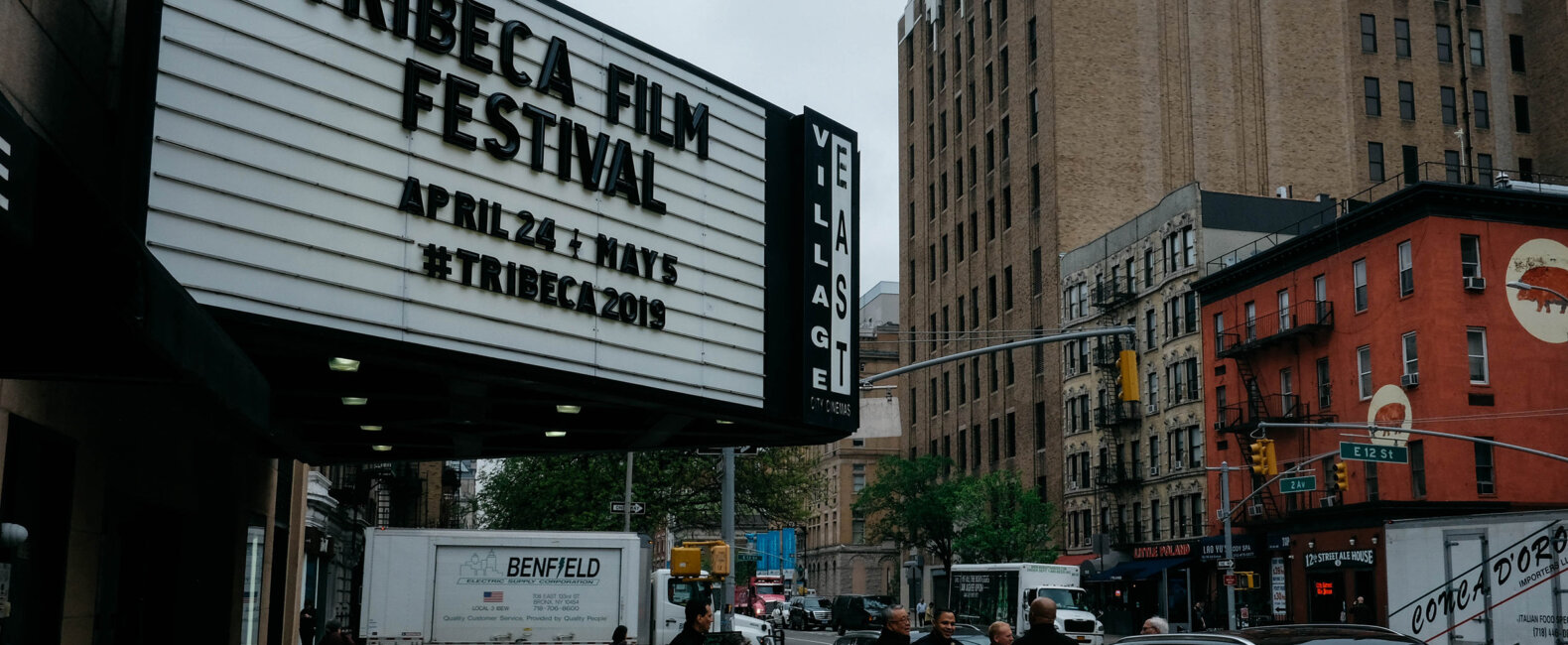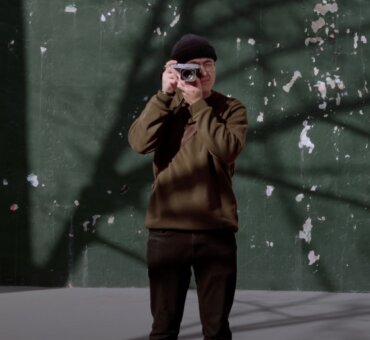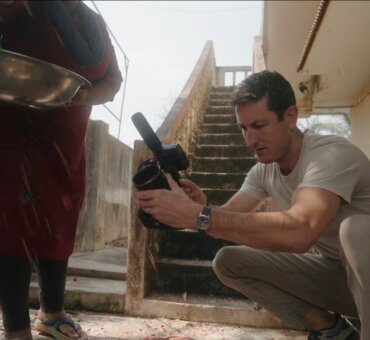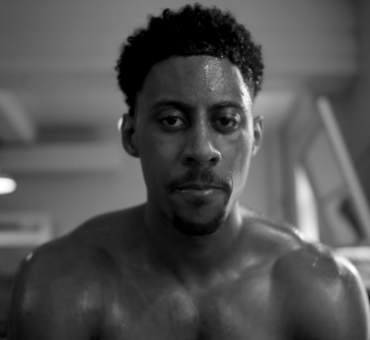It’s hard to rank films for so many reasons. First and foremost, the true value of a film lies solely with the viewer — what did you take away from it? The only metric that truly counts in our book is how a film affects someone.
That’s the mindset we had going into the 2019 Tribeca Film Festival. There were hundreds of great films by great filmmakers debuting and we only had the chance to see a small percentage of them. So, instead of going for “best” or “worst”, we’re going for impact. This article is an effort to shed some light on notable films that struck us at the festival — not an end-all, be-all film review.
What we did see was a diverse, compelling lineup of films from some of the most promising filmmakers out there. We saw a killer feature-length from a 19-year-old, a documentary that brokes the rules of documentaries, and a whole lot more.
Our biggest takeaway, though, is that the indie scene is strong — and also being a “first-time filmmaker” does not speak to the quality of films we screened. There were incredible films by first-timers that sat right next to iconic directors in terms of quality.
Just being able to speak with others in the industry about exciting new films and filmmakers is an encouraging moment. But, in our opinion, there were five films that stood out as exciting indicators for the future of the craft — and, in no particular order, here they are.
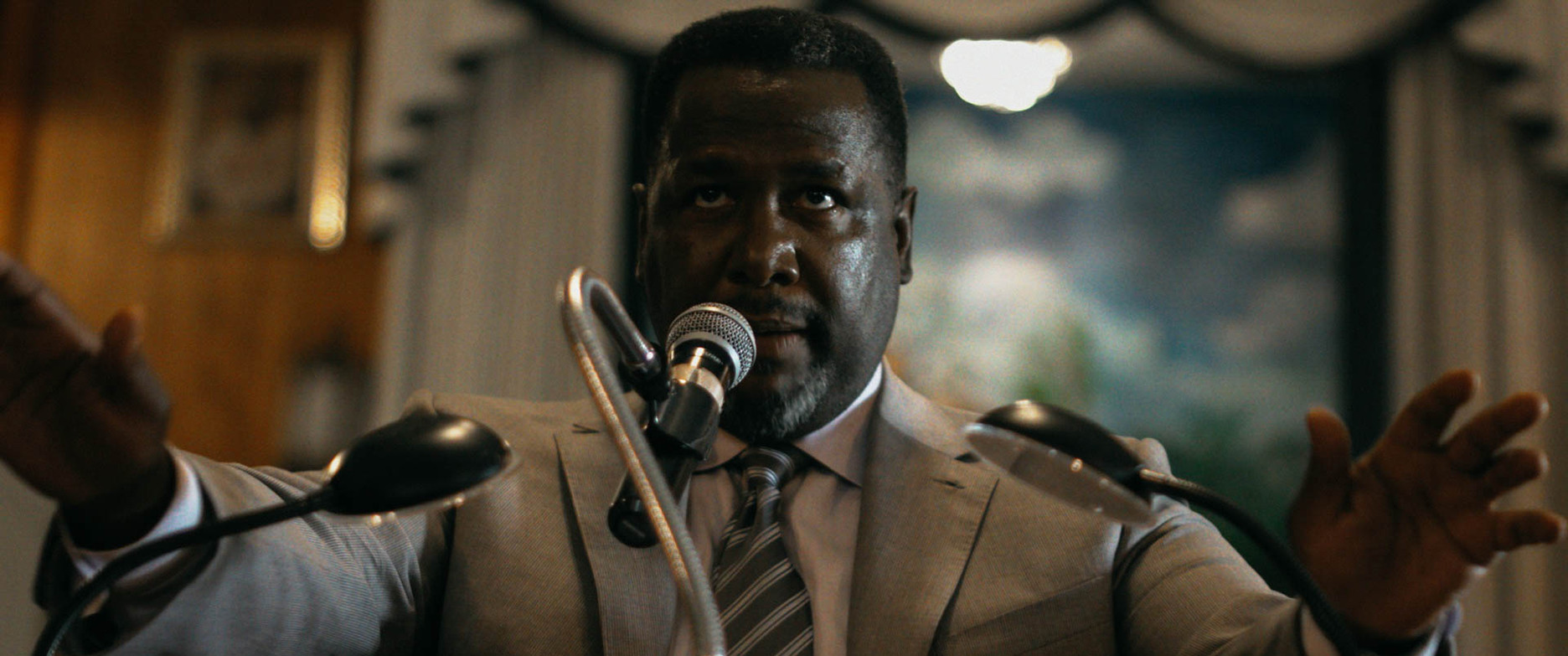
Burning Cane
Phillip Youmans’ directorial debut is strong for anyone at any age, even more so a 19-year-old. In fact, he took home top honors at the festival with Best Narrative Feature, with this stunning and darkly poignant portrait of a family, addiction, and conviction. He definitely took notes from Terrance Malick, drawing in poetic prose and intertwining it with slice-of-life narrative storytelling.The film tackles the dark subject matter with deft ability, showing off a creative maturity far beyond Youman’s years. It’s a good film, but it shows just a small hint of this young filmmaker’s true potential.
Director: Phillip Youmans
Producers: Wendell Pierce, Mose Mayer, Ojo Akinlana, Karen Kaia Livers, Cassandra Youmans, Phillip Youmans
Screenwriter: Phillip Youmans
Cinematographer: Phillip Youmans
Editors: Phillip Youmans, Ruby Kline
Executive Producer: Benh Zeitlin
Co-Producers: Isaac Webb, Jakob Johnson
Cast: Wendell Pierce, Karen Kaia Livers, Dominique McClellan, Braelyn Kelly

Low Tide
Quite possibly the most straight-forward film that we screened, DIRECTV and A24’s Low Tide is proof that storytelling formulas haven’t lost their edge if used correctly. Continuing the renaissance of ‘80s coming-of-age storytelling, the film follows a group of boys on the New Jersey coast who spend their summers looting homes and dreaming of being anywhere else than the New Jersey coast. While many of the storytelling cues come straight from the tried-and-true Hollywood playbook, first-time director Kevin McMullin executes them to near perfection with a strong cast and quick pacing, proving that those classic storytelling formulas are classic for a reason.
Director: Kevin McMullin
Producers: Brendan McHugh, Kevin Rowe, Richard Peete, Rian Cahill, Brian Kavanaugh-Jones
Screenwriter: Kevin McMullin
Cinematographer: Andrew Ellmaker
Editor: Ed Yonaitis
Composers: Brooke Blair, Will Blair
Executive Producers: Dan Fisher, David Garrett, Phil Hunt, Compton Ross
Cast: Keean Johnson, Jaeden Martel, Alex Neustaedter, Daniel Zolghadri, Kristine Froseth, Shea Whigham

Framing John DeLorean
We screened a few great documentaries in New York, including the straight-forward, yet fascinating Making Waves: The Art of Cinematic Sound and the curious and beautiful Nomad: In the Footsteps of Bruce Chatwin from Werner Herzog. But, the film that stuck with us the most was Framing John DeLorean from directors Don Argott and Sheena Joyce. First, Delorean’s story is amazing and one of those “you couldn’t make this stuff up” narratives. But, the directors’ choice to intertwine archival footage, modern-day interviews, and dramatic re-enactments from Alec Baldwin as Delorean and a supporting cast was the key here. Most surprisingly, hearing Baldwin’s process for getting into the mind of DeLorean was a interesting way to learn more about the real man’s motivations. It’s a fascinating, funny, sad, and innovative documentary.
Directors: Don Argott & Sheena M. Joyce
Producers: Tamir Ardon, Nick Spicer, Don Argott, Sheena M. Joyce
Screenwriters: Dan Greeney & Alexandra Orton for Narrative Scenes
Cinematographer: Matthew Santo for Narrative Scenes
Editor: Demian Fenton
Composers: Brooke Blair, Will Blair
Executive Producers: Nate Bolotin, Aram Tertzakian, Nick Moceri, Thane Ritchie
US Distributor: Sundance Selects
International Distributor: Universal Pictures
Cast: Alec Baldwin, Josh Charles, Morena Baccarin, Dean Winters, Michael Rispoli, Jason Jones

Only
It’s hard to do low-budget sci-fi. More than any other genre, your constraints become immediately obvious to the audience and suspending disbelief can be even more difficult. That’s why it’s even more amazing that director Takashi Doscher was able to pull off his first feature with such efficient storytelling and immersive environments. He uses the post-apocalyptic setting and narrative elements to his advantage, creating a haunting and claustrophobic setpiece anchored by strong performances from Leslie Odom Jr. and Freida Pinto. Beyond that, the story nimbly jumps around in a timeline (think 500 Days of Summer) that added strong character building and quick pacing. What this film lacked in surprises, it made up for in heart and emotion — it was one of the most affecting films we saw this year.
Director: Takashi Doscher
Producers: Eyal Rimmon, Gabrielle Pickle
Screenwriter: Takashi Doscher
Cinematographer: Sean Stiegemeier
Editors: David Pergolini, Josh Land
Composers: John Kaefer, Michael Dean Parsons
Executive Producers: Gideon Tadmor, Jim Kaufman
Associate Producer: Rena Sapon-White
Co-Producers: Racheli Sternberg, Craig Miller
Cast: Freida Pinto, Leslie Odom Jr., Chandler Riggs, Jayson Warner Smith, Tia Hendricks

Lost Bayou
Lost Bayou, from Director Brian C. Miller Richard, does a great job of bringing supernatural and surreal plot points crashing down to earth in the form of an extremely relatable story. You’d think a film full of resurrections, faith healing, and houseboats would be a difficult sell, but in the hands of a talented director and on-point script, this film (which was a top six finalist and grant recipient of the Duplass Brothers and Seed&Spark “Hometown Heroes Rally”) was a surprisingly emotional standout from Tribeca. The film explores relationships in a way you just don’t see that often and the visuals from DP Natalie Kingston show Louisiana represented in an artful, caring way. It’s truly a unique film and co-star Dane Rhodes delivers a quietly powerful performance.
Director: Brian C. Miller Richard
Producers: Alicia Davis Johnson, Kenneth Reynolds, Brian C. Miller Richard, Hunter Burke, Russell Blanchard, Murray Roth
Executive Producers: Alicia Davis Johnson, Brian C. Miller Richard, Hunter Burke
Screenwriters: Nick Lavin, Hunter Burke
Cinematographer: Natalie Kingston
Editor: Robert Grigsby Wilson
Composer: Lost Bayou Ramblers
Wardrobe Designer: Meghan Cornay Lavin
Cast: Teri Wyble, Dane Rhodes, Deneen Tyler, Hunter Burke, Terence Rosemore, Jackson Beals
There were a lot of great films from Tribeca — too many to list, obviously — and it was a refreshing reminder of the power in simply seeing new films. It’s so easy to let our time be dominated by films at the top of the box office, but if we know anything, it’s that quality isn’t always represented by scope and budget. Tribeca was a reminder that there are so many talented filmmakers who don’t always get their due — and we should all do our best to support these films and help make sure they get the recognition they deserve.































































